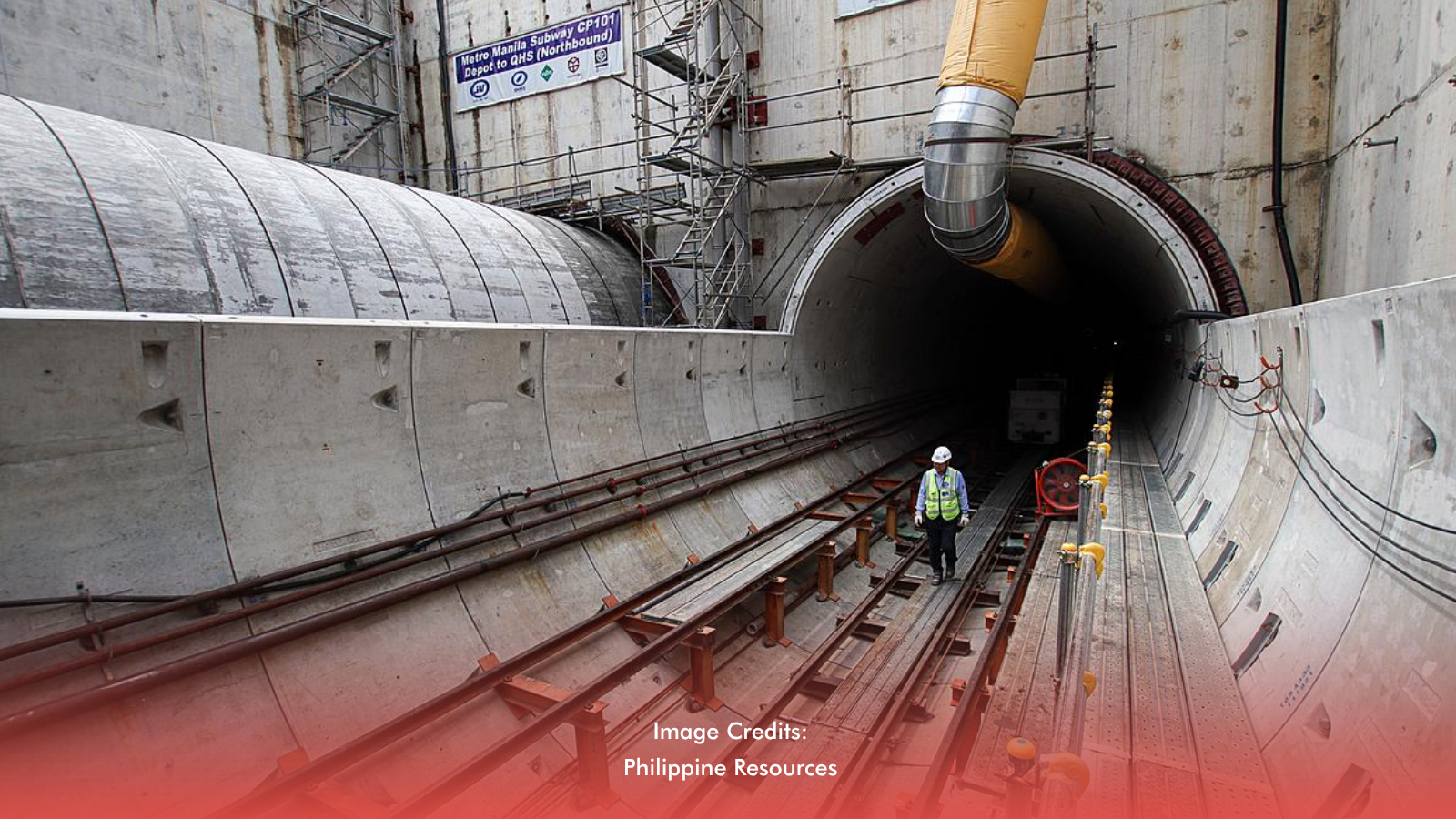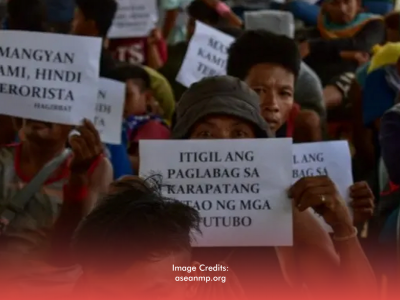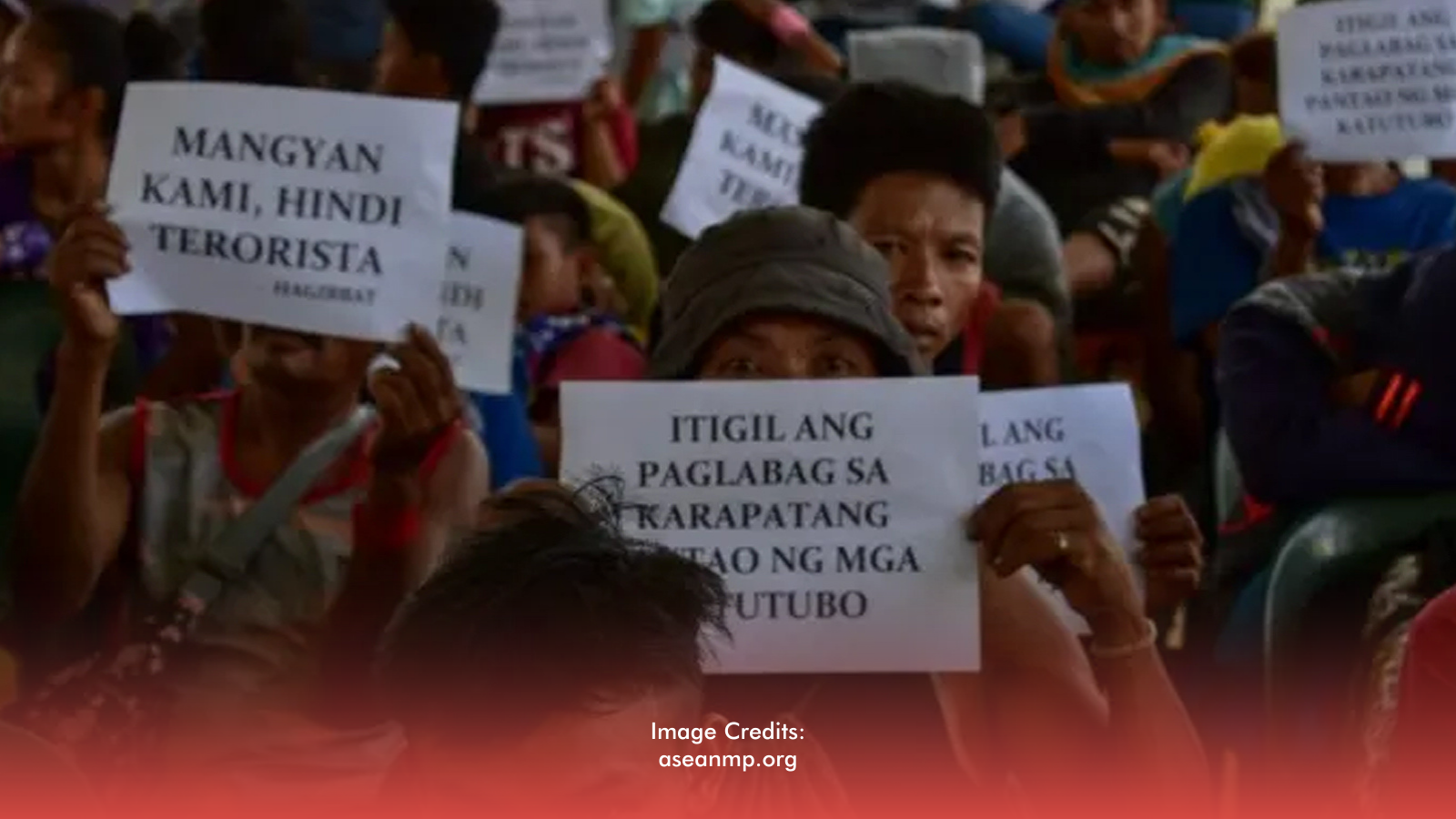The completion of two of the country’s biggest transportation undertakings, the Metro Manila Subway and the expanded Philippine National Railways (PNR), is now facing major delays after their funding was slashed in recent budgets.
RELATED: [Marcos Highlights Need To Rethink Car-Centric Transport In PH]
Billions Diverted from Flagship Transport Projects
House Senior Deputy Minority Leader Edgar Erice revealed that allocations for more than 15 flagship infrastructure projects were significantly reduced in the 2023, 2024, and 2025 General Appropriations Acts (GAA) to accommodate congressional insertions that have reached a staggering P1.45 trillion.
“P1.45 trillion, unprecedented, largest in the history of Congress. In three years, P1.45 trillion in amendments and insertions, which are only the same,” Erice stated partly in Filipino.
“Worse, the important flagship projects, which were foreign-assisted projects, were defunded and [redirected] to projects not studied by the agencies concerned,” he continued.
The Metro Manila Subway and the North-South Commuter Railway (NSCR) were initially pegged to cost P488.5 billion and P873.6 billion, respectively. The bulk of the funding was to be financed through a loan from Japan, with the Philippines committing equity counterpart funds.
Four-Year Delay and Hefty Additional Costs
According to Erice, these counterpart funds were stripped from the national budget and shifted to projects with little to no proper evaluation or agency vetting. Because of this, the original completion timelines of 2028 for the subway and 2029 for the NSCR will be pushed back to 2032 and 2034.
The delay is expected to cost the government an additional P300 billion in commitment fees, penalties, and expenses for materials and labor.
Erice criticized the Department of Budget and Management (DBM) for not flagging these changes when the General Appropriations Bill was being reviewed. He argued that the agency could have raised concerns or recommended a presidential veto to prevent the funding diversion.
“I’m just wondering, [in] 2023, 2024 the executive department already knew that Congress was doing that. Why did this still slip through in 2025? I think there was also negligence on the part of the DBCC or the DBM,” Erice stressed. “Why didn't they advise the President? He could have vetoed it.”
Opposition Raises Alarm on Unprogrammed Funds
The opposition lawmaker also pointed to the imbalance of power in Congress, which, he said, allows the supermajority to dictate budget allocations with little resistance.
The 2025 budget, which started at P6.352 trillion before being trimmed to P6.326 trillion following a presidential veto of P194 billion, has been criticized as the “most corrupt” spending plan to date.
Critics have also questioned the nearly P2 trillion in unprogrammed appropriations (UA) included since 2023, claiming the funds serve as a backdoor for corruption. Opposition lawmakers are pushing for the removal of UA in the 2026 budget, which still carries an allocation of P250 billion.
They argue that without strict safeguards, these standby funds can be easily misused and further jeopardize major national infrastructure projects.
RELATED: [DPWH Sets Sights On 2027 For EDSA Rehab]








